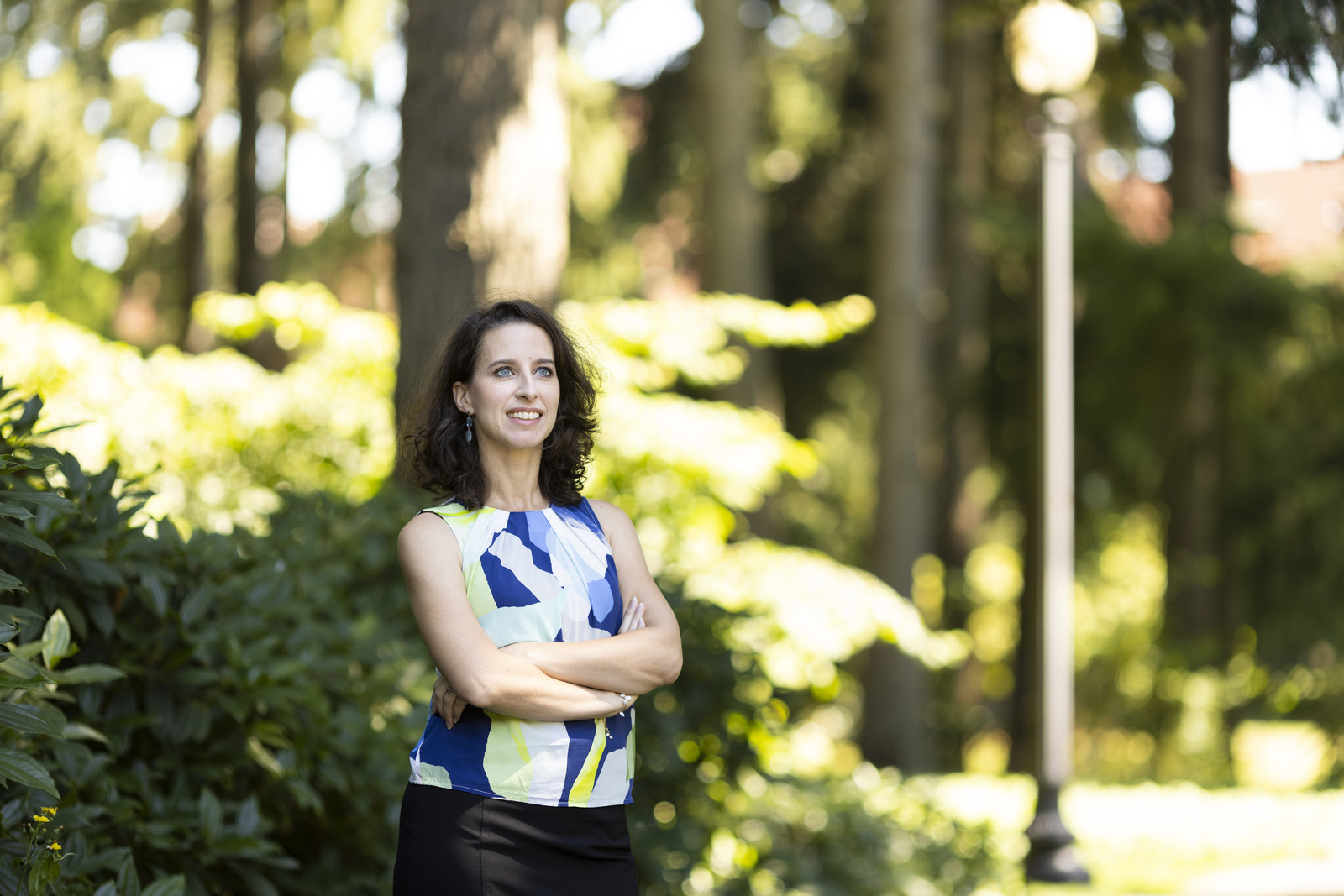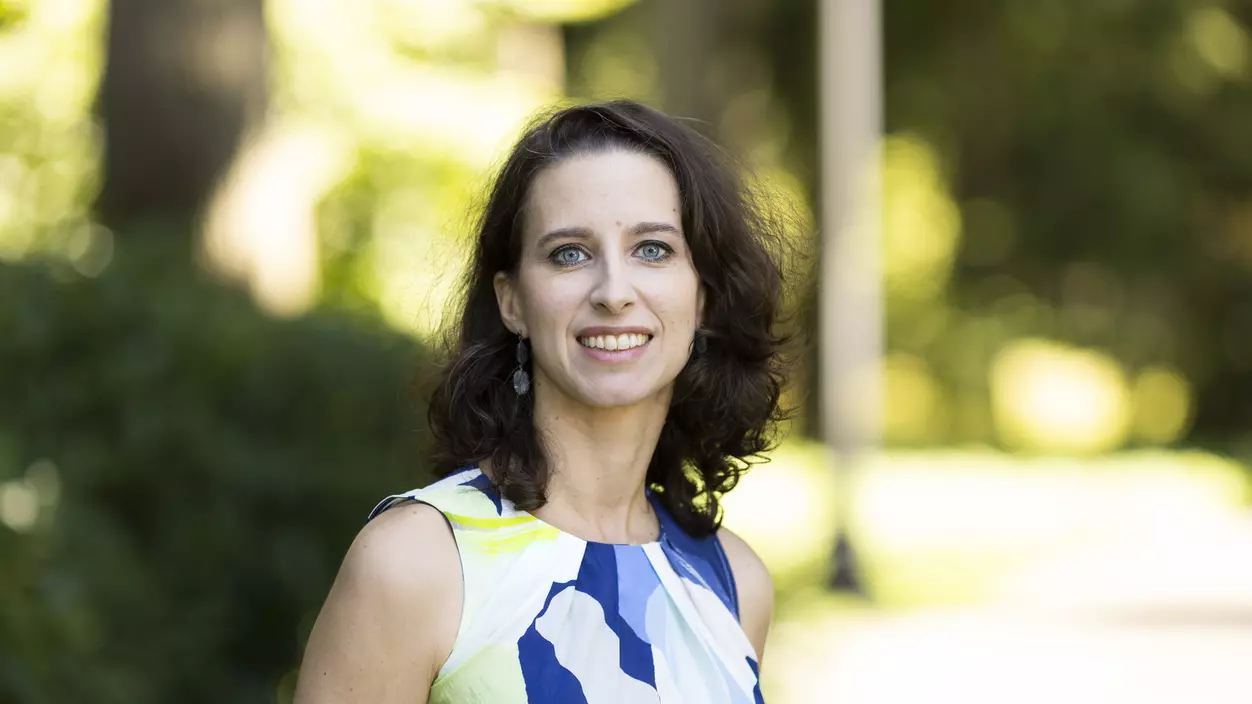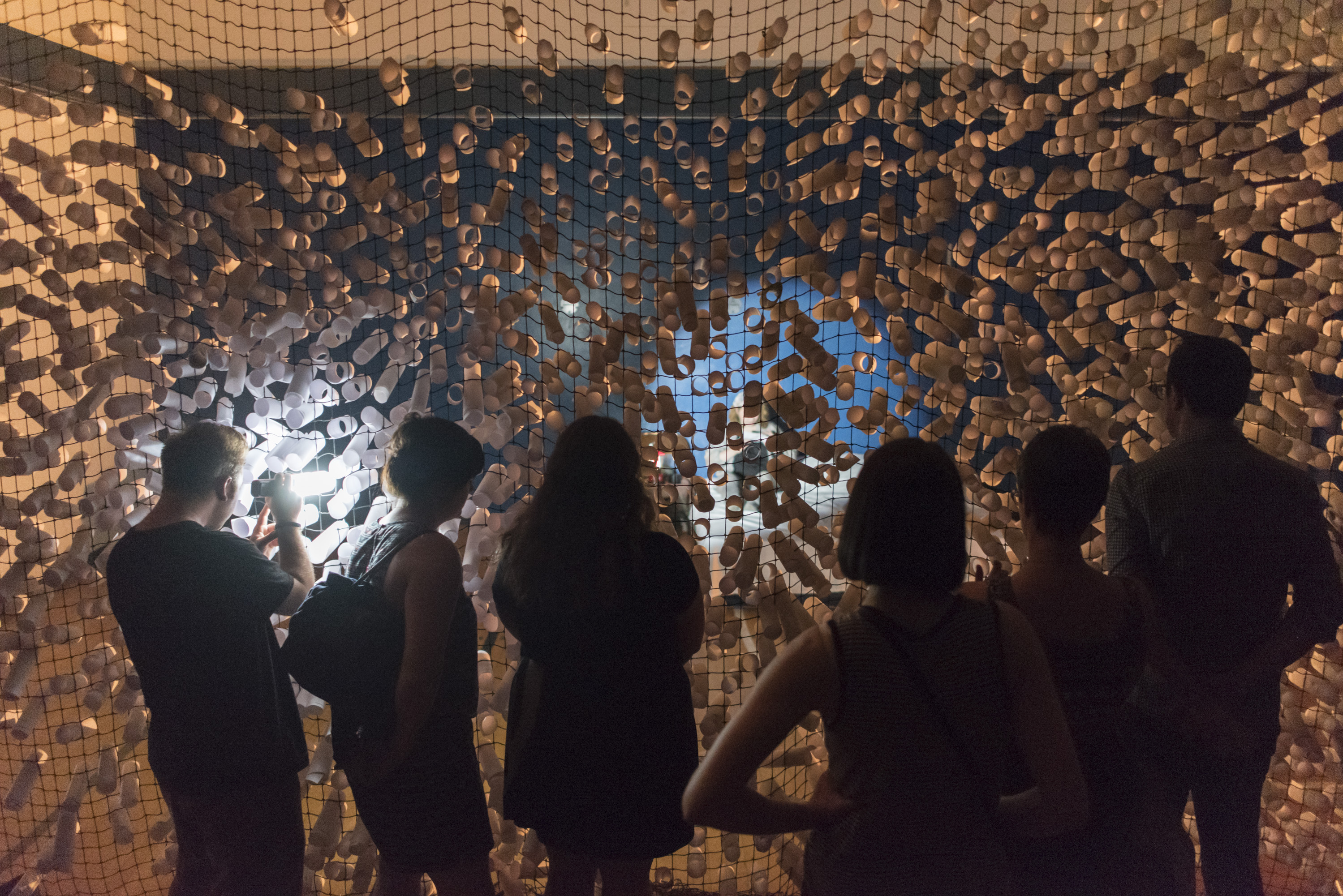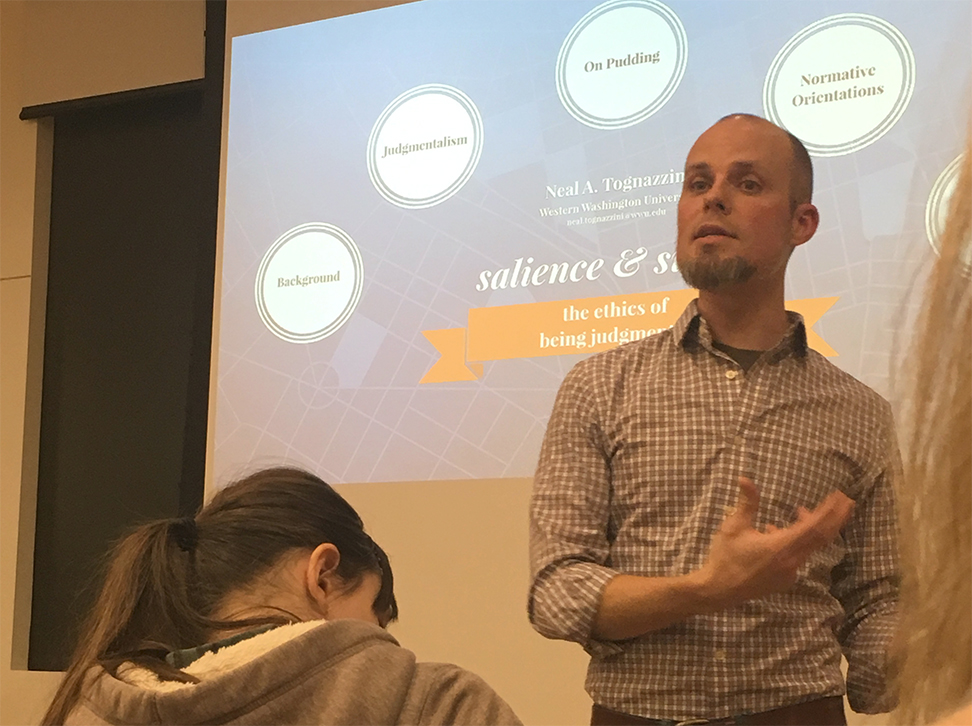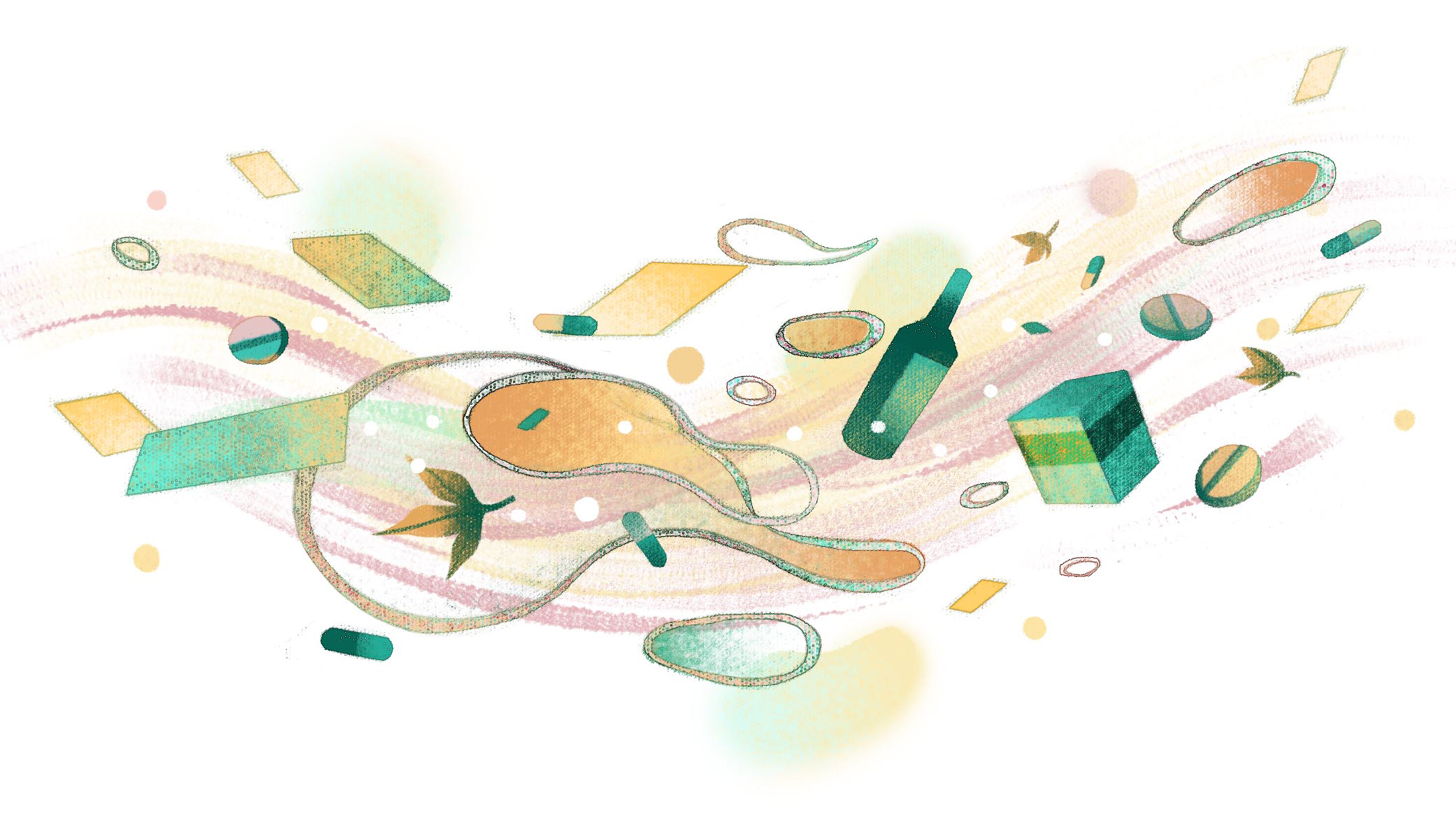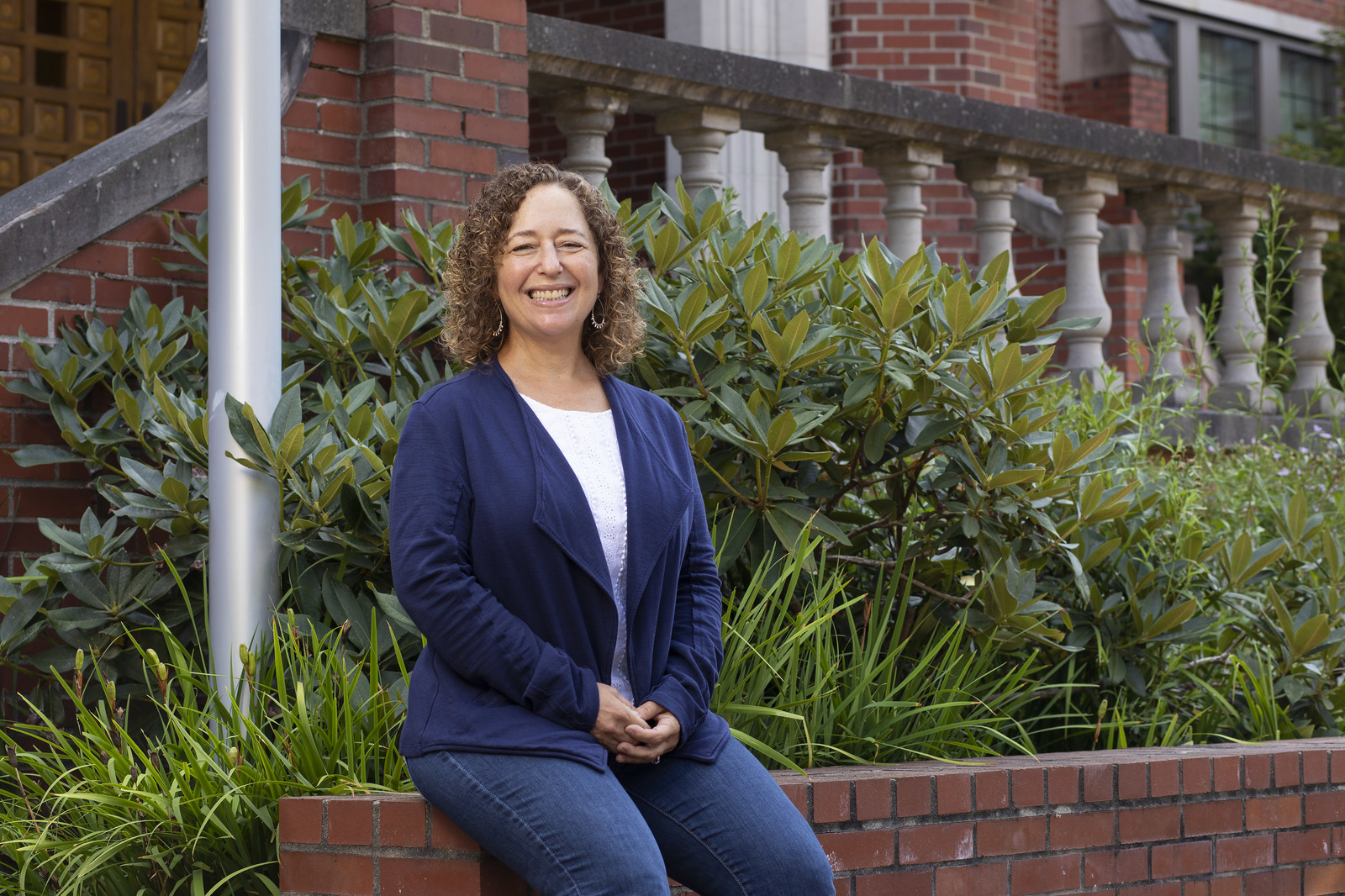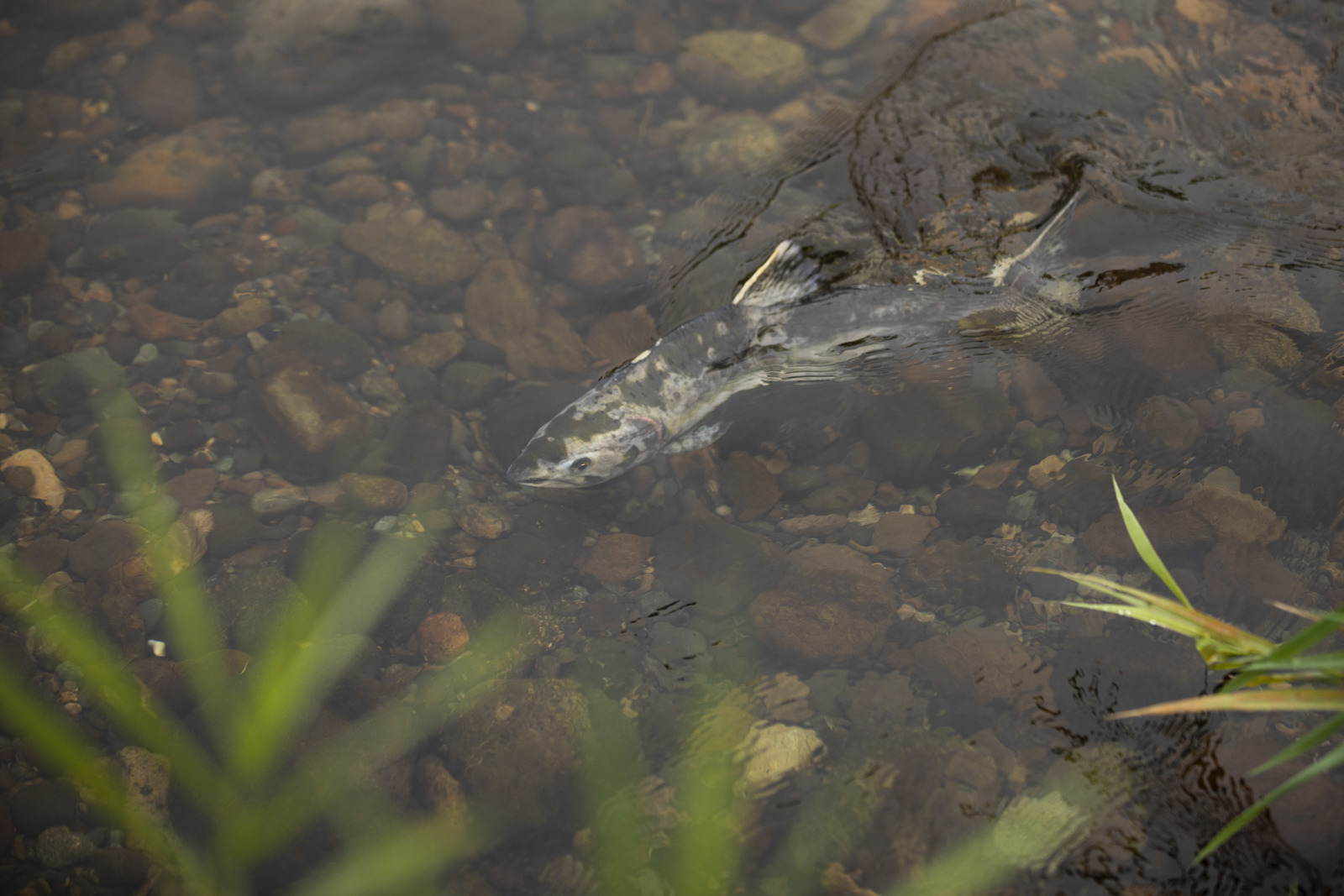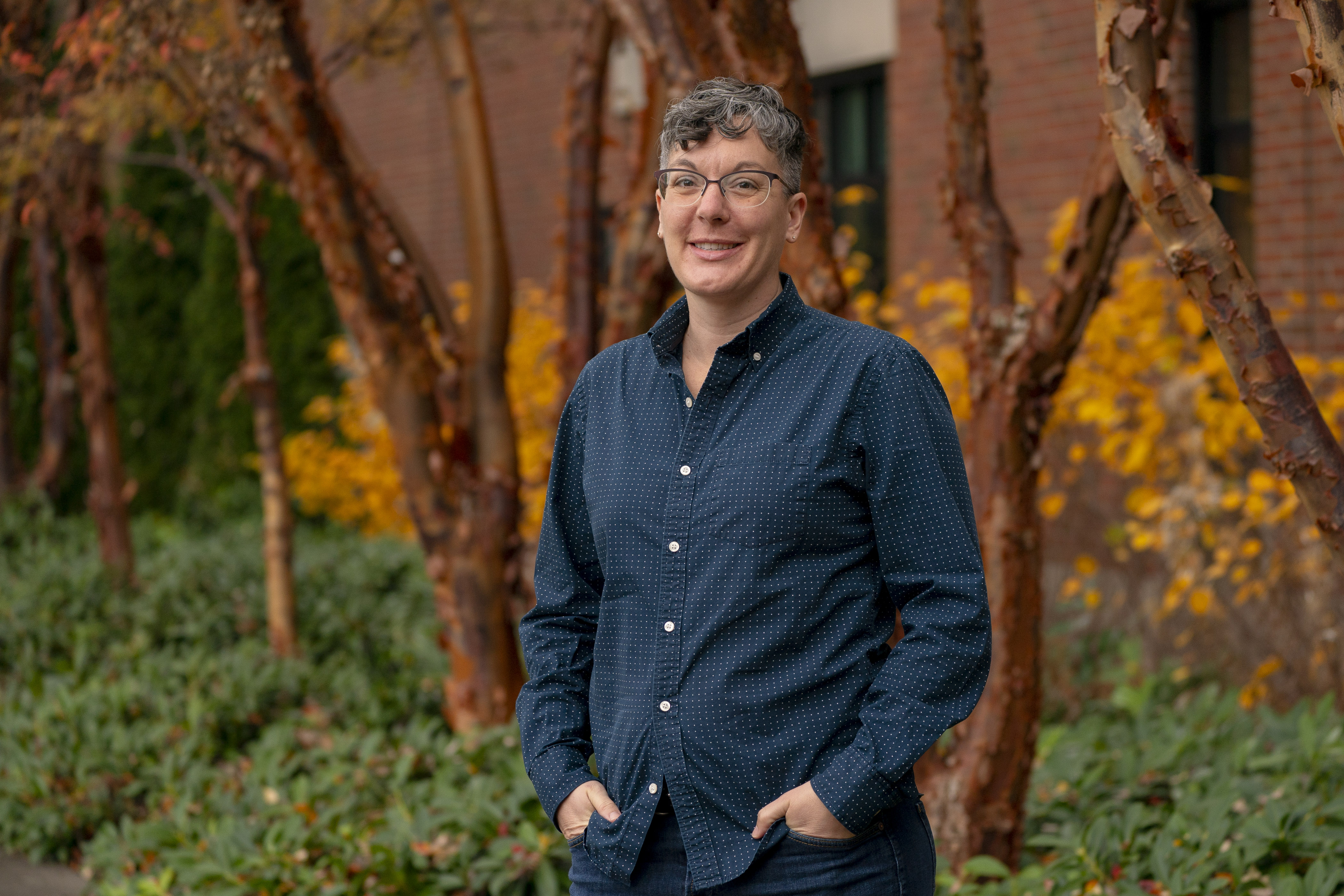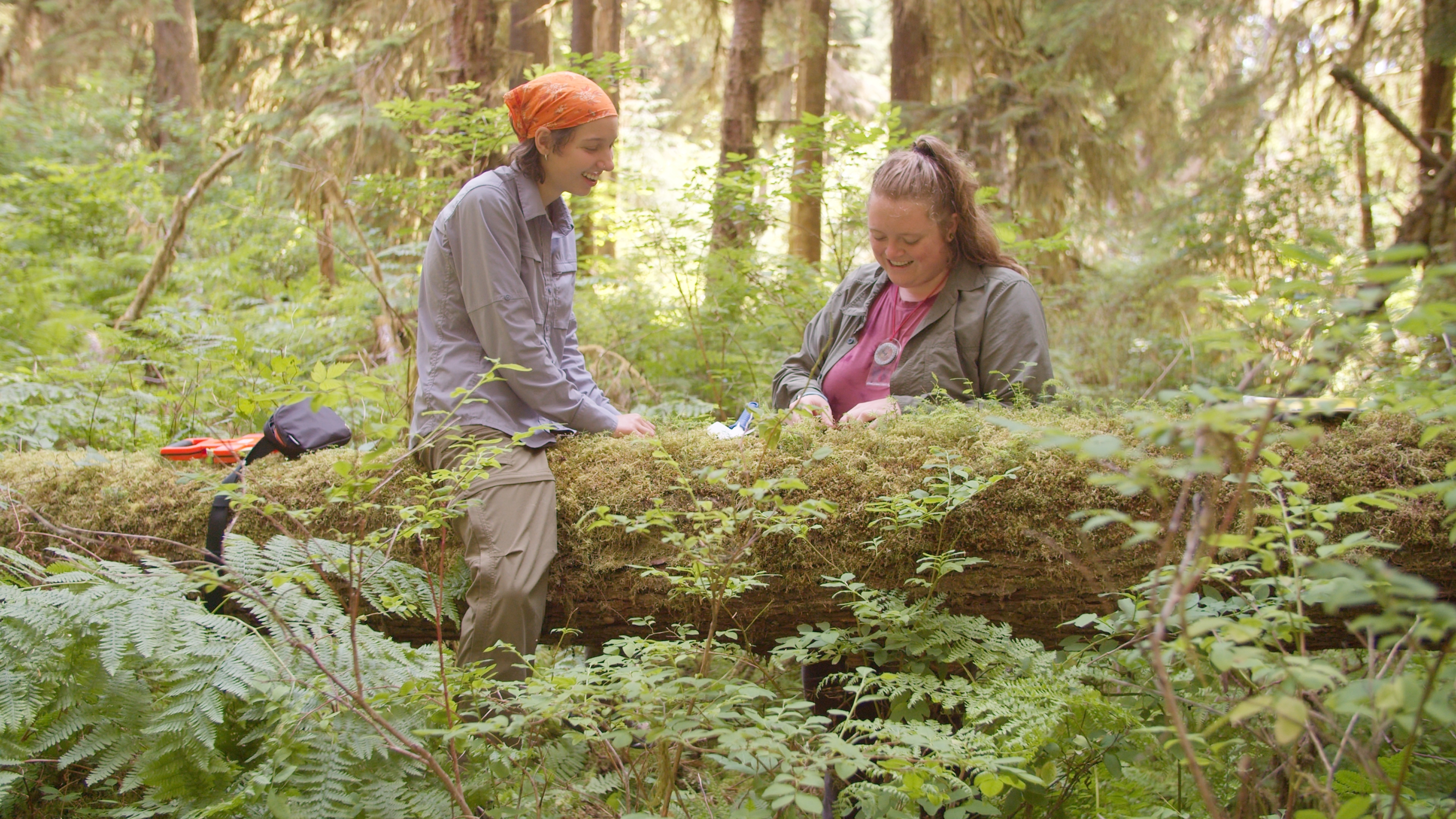Q: Is there a philosopher whose ideas you really resonate with?
A: There are two philosophers I gravitate to and they’re connected. I really like Aristotle, who was incredibly prolific. In the fourth century BCE, when he lived, philosophers did everything—they were proto-scientists. He wrote about animals, plants, physics, morality, and politics, among many other subjects. While much of that is outdated today from a scientific standpoint, he also contributed some psychological insights that were later confirmed by empirical evidence. So, he got a lot of things right about emotions and about ethics that are still studied today. I also very much like Martha Nussbaum, who’s a contemporary philosopher who’s also an Aristotelian scholar, among other things, and is famous for her work on political justice and emotions. She’s my model in how to do philosophy.
Q: Your focus is on moral philosophy and ethics. Can you talk about your current research?
A: I literally just sent off the manuscript to my publisher for an edited collection of essays on the moral psychology of envy, a subject which has occupied the better part of the last 10 years for me. After this, I’m planning to write a book for a general audience about how love and envy are two sides of the same coin. I’m also working on a co-authored paper about whether humans value being superior to others and whether or not that’s a bad thing. Obviously, that’s been a tricky paper to write because it’s a delicate topic, especially when we’re so worried about white supremacy, racism, sexism, and so on, but it’s also been fun to write.
Q: You’re a recipient of the President’s Excellence in Teaching Award. What do you hope your students take away from your classes?
A: I think teachers always matter in any discipline, but especially for the hardest subjects. I was fortunate to have great teachers who cared for me as a student—and many Italian high schools are basically liberal arts programs, so I already bought into the idea that education is not just about technical competency, but also, and most importantly, about forming a person. It’s about becoming someone who searches for meaning, who continuously asks questions, and who understands that the simplest things are incredibly complicated. For me, that means meeting students where they are and helping them to succeed, even if, at the end of the semester, they decide that philosophy is not for them.
Q: How do you spend your time when you’re not on campus?
A: Dance is a very important part of my life. I think of myself a dancer as much as a philosopher, even though I'm only paid to do the latter, alas. I've practiced mostly ballet and contemporary dance, but I've also done some jazz, flamenco and tango. I teach a little bit of philosophy of dance in one of my courses, but I hope I can do more one day. That's my main hobby and passion outside of work.
